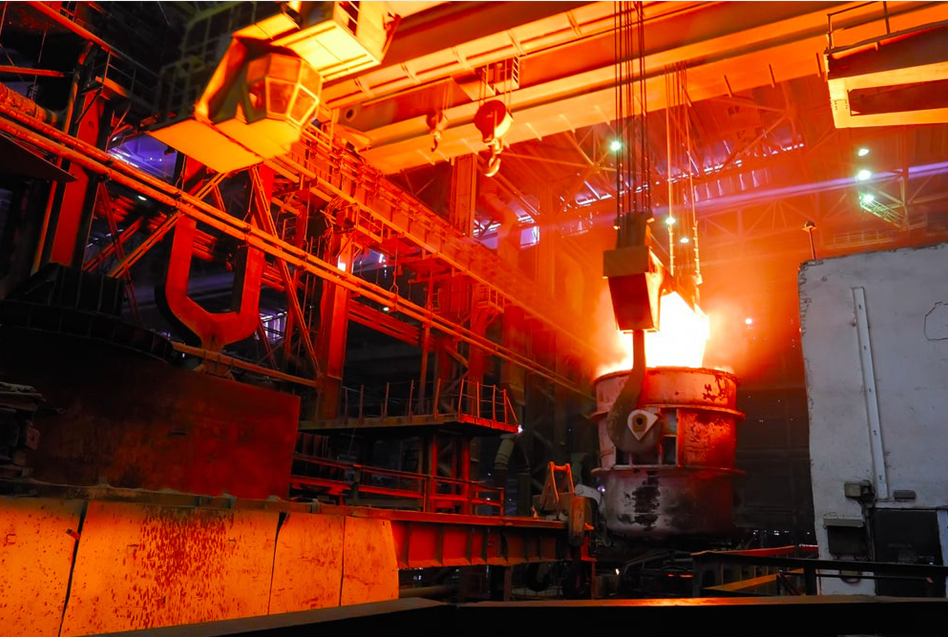When it comes to cookware, two popular options are cast iron and aluminum. Both have their pros and cons and choosing between them depends on personal preference and cooking needs. In this article, we will compare cast iron and aluminum cookware in terms of durability, heat conductivity, versatility, and maintenance.
Durability:
Cast iron cookware is renowned for its durability and long lifespan. It is incredibly sturdy and can withstand high heat and heavy use without warping. Cast iron also has excellent heat retention properties, allowing for even cooking. On the other hand, aluminum is a softer metal and may dent or scratch easily. However, most aluminum cookware is typically reinforced with other materials like stainless steel or anodized coating to enhance durability.
Heat Conductivity:
Aluminum is an excellent heat conductor, far superior to cast iron. It heats up quickly and distributes heat evenly across the cooking surface. This makes aluminum cookware ideal for dishes that require precise temperature control. Cast iron, although not as efficient in heat conductivity, retains heat better and distributes it more evenly compared to other materials like stainless steel. This makes it suitable for slow cooking or searing.
Versatility:
Cast iron is known for its versatility in the kitchen. It can be used on all cooking surfaces, including induction, stovetop, oven, and even open fire. Cast iron retains heat well, making it perfect for searing, frying, baking, and even grilling. Additionally, cast iron develops a natural non-stick surface when properly seasoned, reducing the need for excessive oil or cooking spray. Aluminum cookware is also versatile but may not be suitable for certain cooking methods, such as induction cooking, unless it has an induction-compatible base.
Maintenance:
Cast iron requires special care and maintenance to prevent rusting. It should be seasoned regularly by applying a thin layer of oil and baking it in the oven. Cleaning cast iron requires gentle scrubbing with a brush and avoiding harsh detergents. Aluminum, on the other hand, is relatively low maintenance. It can be easily cleaned with soap and water and is often dishwasher-safe. However, some aluminum cookware may develop stains or discoloration over time.
Health Concerns:
One important factor to consider is the health impact of the materials used in cookware. Cast iron is considered safe for cooking as it does not release any harmful chemicals or toxins. In fact, it can even be a good source of dietary iron when used for cooking certain foods. Aluminum, on the other hand, can react with certain acidic or alkaline ingredients, potentially leaching small amounts of the metal into the food. Although the health risks associated with aluminum cookware are still debated, many people prefer to use stainless steel or anodized aluminum cookware to minimize any potential risks.
Conclusion:
Both cast iron and aluminum cookware have their own strengths and weaknesses. Cast iron is known for its durability, heat retention, and versatility, but it requires regular maintenance. Aluminum, on the other hand, is an excellent heat conductor, versatile, and low maintenance, but may not be as durable. Consider your cooking needs, preferences, and health concerns when choosing between cast iron and aluminum cookware. Ultimately, the best choice depends on your personal requirements and cooking style.
-

- Horquilla rígida de aleación de magnesio para bicicleta, piezas de metal de fundición a presión personalizadas
-

- Fundición a presión de aleación de magnesio Piezas metálicas de tixomoldeo
-

- Fundición a presión de aleación de magnesio Piezas metálicas de tixomoldeo
-

- Cubierta de la carcasa del portátil con piezas de magnesio fundido a presión D
-

- Horquilla de suspensión ultraligera para MTB
-

- Factory Custom China Bmx Cycles Road Sport Kids Bicicleta 12 16 18 20 pulgadas Ciclo Mtb para niños 6-10 años

 0086-750-5616188
0086-750-5616188 +86 13392089688
+86 13392089688 sales@zhongmei-tech.com
sales@zhongmei-tech.com









